Keywords: Elections
There are more than 200 results, only the first 200 are displayed here.
-

AUSTRALIA
- Hayley Conway
- 01 September 2017
20 Comments
The intended postal plebiscite is profoundly undemocratic. It will be conducted by the Australian Bureau of Statistics, in the hope that it will be considered a 'gathering of statistics', not an electoral matter requiring oversight by the Australian Electoral Commission and an appropriation of funds by the parliament. The federal government is circumventing the will of the parliament. This is part of a broader trend to attack, undermine, defund, and erode the democratic institutions we rely on.
READ MORE 
-
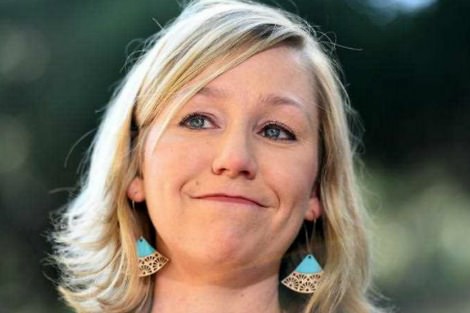
AUSTRALIA
- Fatima Measham
- 21 July 2017
38 Comments
There are layers of frustration around the resignation of Greens senators Scott Ludlam and Larissa Waters due to dual citizenship. The immediate loss of two of Australia's better parliamentary performers - on any side of politics - is unfortunate. For no one in their orbit and nothing in the AEC nomination process to have caught something so fundamental is unsettling, but perhaps not that odd. Presumptions of Australian-ness are more or less adjudicated on a certain kind of look and surname.
READ MORE 
-

PODCAST
Former FBI Director James Comey's latest testimony, foreign donations to Australian political parties, and freelance hackers reportedly triggering a diplomatic crisis in the Arabian Peninsula: what does it all mean? We also touch on the implications of a hung parliament in the UK, including lessons from recent Australian experience. We finish with Wonder Woman and the elements that made it work.
READ MORE
-

INTERNATIONAL
The unprecedented attacks by Daesh in Iran in which at least 12 people were killed and 39 injured come at an incredibly sensitive time for all countries in the Middle East. What is often obscured by commentators is that much of the present violence in the Middle East is political, not religious, even though religious labels are used as a shorthand for the competing blocs (in much the same way as 'Catholic' and 'Protestant' were used during the Troubles in Northern Ireland).
READ MORE 
-

AUSTRALIA
An interesting aspect was the shift in the mindset and understanding among non-indigenous Australians regarding Aboriginal rights. To note the way in which one dominating western culture moved toward recognising the rights of another culture that was oppressed by it is quite remarkable. We should consider those aspects of the mentality shift (from both cultures and their understanding of what the 1967 referendum meant) if we are ever to revisit that type of federal movement again.
READ MORE 
-

INTERNATIONAL
Did he denounce Islam as 'evil' like the American evangelist Franklin Graham? Did he publicly denounce God as 'stupid' like Stephen Fry? On the contrary. Ahok is deeply respectful of Islam and has many Muslim supporters. The affair has done a serious disservice to Indonesia, presenting it as fanatical, racist and sectarian. While these perceptions are unfair, the affair also reveals some aspects of contemporary Indonesia that are obscured by Canberra's often lavish praise of our important neighbour.
READ MORE 
-
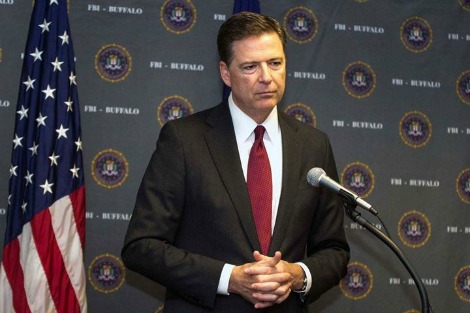
AUSTRALIA
- Fatima Measham
- 11 May 2017
5 Comments
References to Watergate are flying thick and fast - again. Earlier this week, Donald Trump abruptly dismissed FBI director James Comey in the middle of a probe into Russian interference in the 2016 elections. It is difficult to overstate how bad this move is, and how much it has rattled political and bureaucratic firmaments. There are differences, however, between then and now. Trump is not Nixon, for one thing. Perhaps we can be thankful for that, in that infantile impetuosity is not paired with a much more cunning mind.
READ MORE 
-
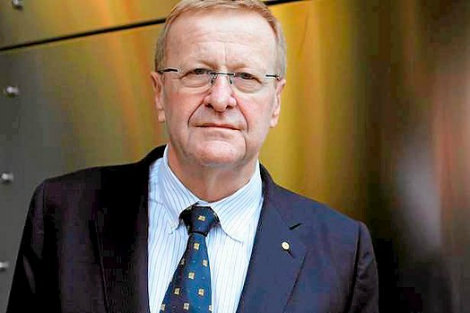
AUSTRALIA
- John Warhurst
- 26 April 2017
4 Comments
Recent adverse coverage of sporting organisations has revealed once again what looks like widespread organisational dysfunction. Sport is such a major part of Australian life that we should all be interested in what goes on within the multi-million dollar organisations that run it, whether it be the big football codes, cricket, tennis or the Olympic sports. The stakes are huge and the issues, including self-interest, interstate rivalries and personality conflicts are eerily familiar in public life more generally.
READ MORE 
-
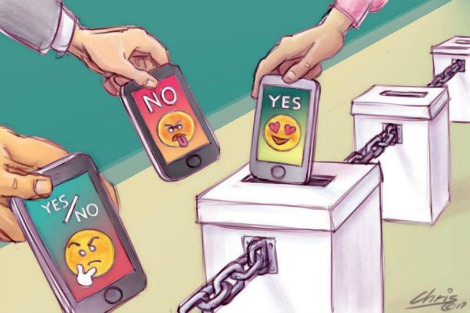
AUSTRALIA
- Kate Galloway
- 13 April 2017
8 Comments
There are reasons to be concerned about the capacity of a government to govern in the current brief election cycle, and in dealing with what some describe as a 'hostile senate'. But the networked world we inhabit also calls into question the way in which politicians might be accountable to the public. Rather than focusing on changes to a system of governance derived from a different era, we should be asking what are the implications of emergent technologies on the way in which we are governed.
READ MORE 
-

PODCAST
We turn to the Philippines, nearly a year from the elections that made Rodrigo Duterte president. Along with other ructions from 2016, his presidency continues to raise questions about the nature of democracy. To help us make sense of the current moment, we talk to Christopher Tan, a Manila-based lawyer with a public policy background.
READ MORE
-
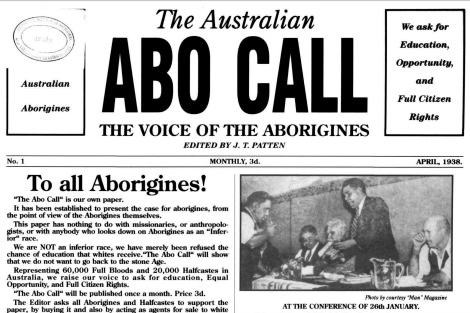
AUSTRALIA
- Dani Larkin
- 23 March 2017
9 Comments
In the face of historically low levels of Indigenous representation in our parliaments, the Indigenous caucus between Commonwealth, State and Territory Labor representatives points to some progress. It is aimed at increasing Indigenous voter engagement figures, increasing Indigenous Labor candidacy, and developing strategic plans that encourage Indigenous students to become young leaders in Parliament. Those are all necessary and noteworthy causes. But we have a long way to go.
READ MORE 
-
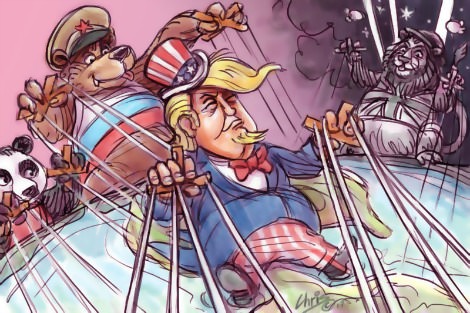
INTERNATIONAL
- Binoy Kampmark
- 10 March 2017
4 Comments
Each day is met by the same reports: electoral interference has supposedly taken place, instigated by Russian, or at the very least outsourced Russian entities, in the elections of Europe and the United States. Such claims assert, not merely the reality of these claims, but the nature of their influence. Such a stance detracts from one fundamental point: that the manipulation of electoral systems has been, and remains, common fare, irrespective of the finger pointing at Moscow.
READ MORE 